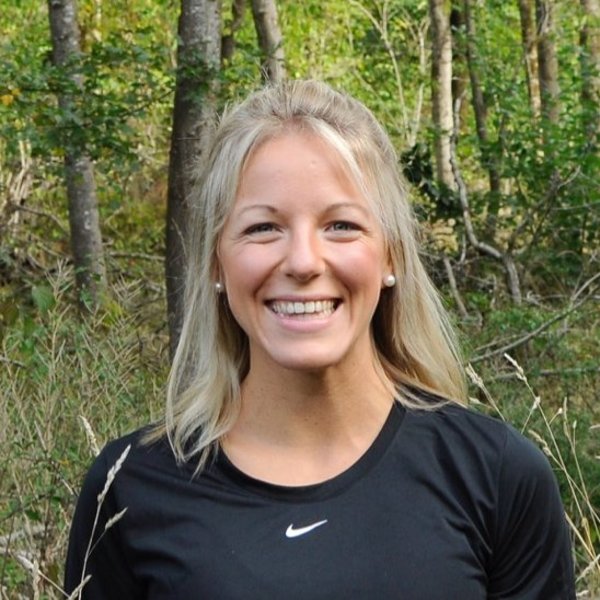Our experts at the school
Our Schloss-Schule Kirchberg has a long history as a school of reform education, in the course of which it has been developing, changing or even reinventing itself pedagogically for over 100 years – also under the influence of social, political and economic changes.
In this change as a constant, our teachers are integrated into teams at all levels in the school system in order to be able to contribute effectively through joint and joint action: class teams, coordinator teams, student council teams.
In the circle of experts, the pedagogues are in exchange, who are mainly responsible for pedagogical developments at school or topics such as general counseling, addiction prevention, autism and school anxiety.
Our Autism Officer
Symptoms that can occur with autism spectrum disorder include difficulties in social communication, social interaction, and social understanding.
Learning in particular shows that students with an autism spectrum disorder process information differently and look at problems from a different angle than their peers. Unusual behaviors and ways of thinking thus require appropriate handling on the part of the teacher in order to prevent complications.
Dealing with autistic people requires a lot of understanding on the part of our fellow human beings; Understanding comes from understanding!
We have therefore taken on this special topic in order to be able to offer support to affected children and their parents at our school. To this end, colleagues from our school are training to become experts in autism.
The aim of this initiative is for affected children to feel comfortable and accepted at the Schloss-Schule Kirchberg and to be able to learn well in the process.
With a lot of patience and empathy, we work to bring our students and colleagues closer to the term autism spectrum disorders and also to sensitize them to the fact that a school day can be a single sensory overload for those affected.
The small classes of our school offer optimal conditions to minimize stimuli in the classroom and to promote skills individually. Together, the necessary measures can be initiated in the college, which your child currently needs.

Unser Expertin für ADHS
Liebe Schüler*innen, sehr geehrte Eltern,
mein Name ist Inga Haybach-Reitz und seit dem Schuljahr 2023/24 bin ich als ADHS-Expertin, Multimediaberaterin und Lehrkraft für Spanisch und Englisch an der Schloss-Schule tätig.
ADHS steht für Aufmerksamkeitsdefizit-Hyperaktivitätsstörung, eine neurologische Störung, die das soziale Miteinander und besonders auch das Lernverhalten und den Lernerfolg der Betroffenen stark beeinträchtigen kann. ADHS kann aber auch wie eine Superkraft sein, wenn die Betroffenen ein starkes Interesse an einem Thema oder besonders viel Spaß an einer Tätigkeit haben. Dann nämlich aktivieren sie ihre Fähigkeit zum Hyperfokus, einer besonders intensiven Konzentrationsphase, die extrem stimulierend wirken kann. Grundsätzlich jedoch, und das macht es den Betroffenen in der Schule und beim Lernen so schwer, steht das Defizit an Aufmerksamkeit im Vordergrund der Störung, das durch die anderen Kernsymptome Hyperaktivität, motorische Unruhe und Impulsivität bedingt und verstärkt wird. Hinzu kommt, dass externe Reize kaum ausgeblendet werden können. Dazu zählen nicht nur audiovisuelle Stimuli, sondern auch olfaktorische und haptische Reize wie intensive Gerüche oder kratzende Kleidung. Die Konzentration und das Abspeichern neuer Lerninhalte werden extrem erschwert und in der Folge bauen sich Defizite im Lernstoff auf, die langfristig dazu führen, dass die Betroffenen immer schlechtere Leistungen bringen. Das nagt am Selbstwertgefühl, der Leidensdruck steigt und abgesehen davon, dass die Betroffenen als störend empfunden werden, denken sie selbst, dass etwas mit ihnen nicht stimme.
Als ADHS-Expertin möchte ich die betroffenen Schüler*innen dabei unterstützen, ihre Störung besser zu verstehen und Strategien auszuprobieren, die ihnen den Unterrichtsalltag und das Lernen zuhause erleichtern. Als Ansprechpartnerin stehe ich aber nicht nur den Kindern, sondern auch dem Kollegium und Ihnen, sehr geehrte Eltern, gerne zur Verfügung.
Inga Haybach-Reitz
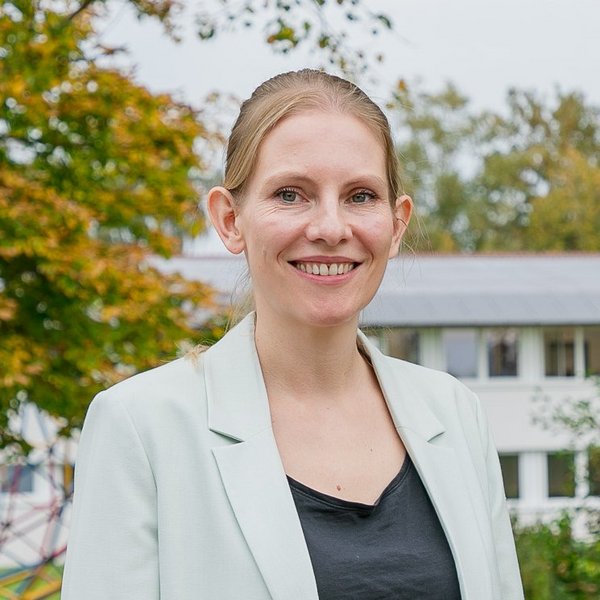
Our counseling teacher at the Castle School
When students have problems at school, good advice is often expensive. Students and parents suffer from the tense situation and the people involved often see no way out of their difficulties.
"In every difficulty lives the possibility!", Albert Einstein already knew. Andrea Scheibel's school counselling is based on this foundation. Students from all grades can fall back on it, as well as their parents.
School counselling can be used for many problems. These include, for example, learning and performance problems, conflicts at school, or problems in the personal environment or in the case of general overstrain.
Should such problems occur, this offer is available at any time. All information will be treated confidentially. The guidance teacher is subject to confidentiality! This support is free of charge and no one is forced to visit the counseling teacher.
Above all, this help is intended to give you students the feeling of having an extra-family caregiver who can help in difficult situations. You should feel comfortable and go your own way at this school. Those who can think clearly can also learn more easily and have much more fun.
Course of the counseling process at the Castle School
If you notice a problem and want to solve it, you can contact Andrea Scheibel personally, by phone or e-mail and an appointment will be made.
At the first meeting, the problem is explained and together the next steps are considered and planned. If the problem requires it, other participants will be consulted with the consent of the person seeking advice. This guarantees that the problem will be tackled comprehensively!
Andrea Scheibel
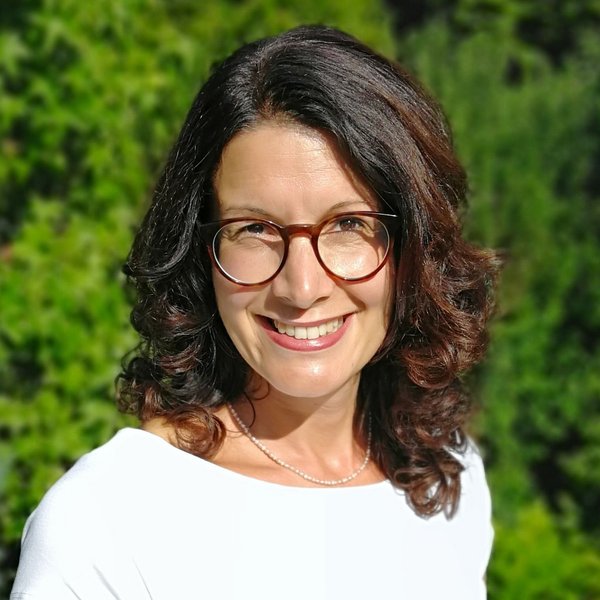
Our expert for school anxiety at the Schloss-Schule
My name is Carina Rudolph and I teach English, Geography and Community Studies at the Schloss-Schule Kirchberg. I am also an expert on school anxiety.
School anxiety is not simply fear of school, but has two possible roots. They are divided into performance anxiety and social anxiety.
In the case of a pronounced performance anxiety, the student is afraid of not meeting the performance requirements and is under high stress. Social anxiety is the fear of the social interaction that comes with school.
Such fears have an enormous influence on the mental state, they can also have psychosomatic consequences. For example: Your child often has abdominal or headaches before an exam, before school in general: you repeatedly report your child sick. Of course, we teachers and educators notice this. The causes are not always clear, many factors and reasons interlock.
School anxiety often leads to school absenteeism, but this does not make the fear disappear. It is important to recognize the symptoms early and to get in touch with the students, their parents and teachers. This is the only way to respond individually to the problem and to get to the bottom of school anxiety in a cause-oriented manner. I want to find the best possible solution for every student. In the case of a pronounced anxiety disorder, it makes sense in some cases to include extracurricular support institutions.
At the Schloss-Schule Kirchberg, we are very fortunate to be able to maintain very attentive contact with our students. Through our small classes, we always have the best possible overview and can perceive the children and young people individually.
Through further training at the University of Mainz, I have prepared myself for this challenge. The entire team of experts is in lively exchange. The cooperation with colleagues as well as with our headmaster helps me to respond to the individual problems of the students and to take preventive measures.
My intention as an expert on school anxiety is that affected children and young people can return to school without fear. School anxiety affects the school environment and must also be reduced in this environment. With contact, cooperation, confrontation and coordination, every student can be helped to find their way back into everyday school life.
Carina Rudolph
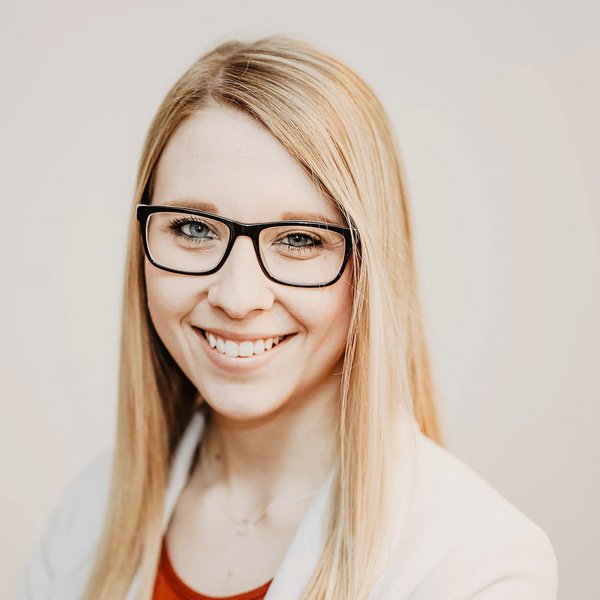
Our expert for addiction prevention at the Schloss-Schule
My name is Lydia Kurz and I teach biology/BNT, mathematics and geography. In addition, I am an expert in addiction prevention at the Schloss-Schule Kirchberg. Addiction and its prevention are topics that can also occur in the school environment, usually undetected for a long time.
School is an important social hotspot for your children. Here they come into contact with their peers and also spend a lot of time. The boundaries between school and private life are often blurred, with the school and all those involved playing a decisive role in the development of the children.
To understand addiction, I want to illustrate how versatile an addiction can be. We are not only in the field of legal drugs such as nicotine and alcohol or illegal drugs, which is primarily associated with addiction. But addiction in puberty and school has very versatile profiles and often affects entire groups. One may start smoking, the other discovers a computer game for himself, the third does not find himself thin enough and competes with others to see who can eat the least. Once this happens in the circle of friends, it can quickly get out of hand and cause serious damage. Different types of addiction can be listed arbitrarily, but they are always the same consequences and usually a vicious circle for the addicts.
It is precisely for this reason that I would like to help the students at the Schloss-Schule as a preventive measure. I am in contact with other experts in the district and in contact with our counseling teacher Andrea Scheibel, who is also a teacher at the Schloss-Schule Kirchberg. Together we try to recognize all forms of addiction at our high school and offer ourselves as contact persons for the students.
I also incorporate the topic into my lessons in order to inform about the psychological and physiological processes. Of course, I support all my colleagues in this regard. Addiction should not only be met with harsh sanctions, but should also be perceived as a clinical picture, which requires pedagogical empathy and trust.
Students of the Schloss-Schule Kirchberg, but also their parents, can contact me if help or advice is needed. For this purpose, I have set up a fixed consultation hour. Otherwise, you can contact me at any time by e-mail or of course contact me directly and personally.
I hope, together with you, to be able to help the affected students and end the vicious circle.
Lydia Kurz
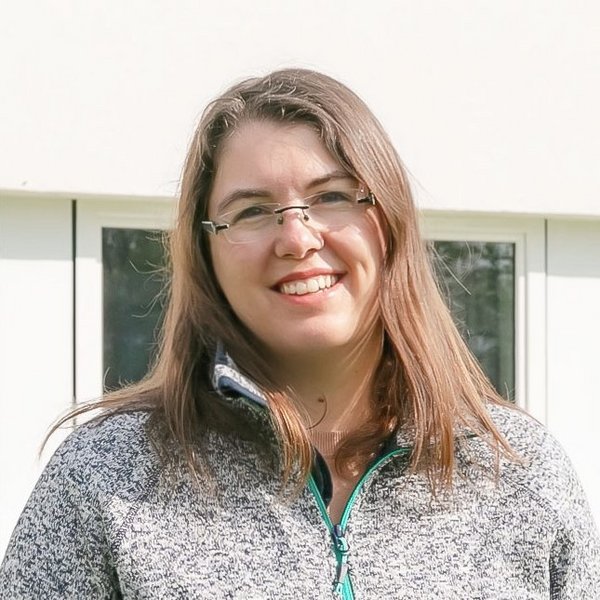
Unsere Expertin für Bewegung & Gesundheit
Mein Name ist Anne Hörle und ich unterrichte das Fach Sport. Darüber hinaus bin ich Expertin im Bereich „Bewegung und Gesundheit“ an der Schloss-Schule Kirchberg.
Die Schule spielt eine große und wichtige Rolle in der Bewegungsförderung.
Einen Großteil der Kindheit verbringen unsere Schüler*innen bei uns an der Schloss-Schule Kirchberg, weshalb sich in diesem Setting die Förderung der Bewegung optimal umsetzen lässt.
Durch verschiedene Bewegungsangebote in den Klassenzimmern (bewegter Unterricht), auf dem Pausenhof oder in den Sporthallen, kommen unsere Schüler*innen in Bewegung und stärken somit ihre Gesundheit.
Der bewegte Unterricht besteht aus kleinen Bewegungsaufgaben oder Bewegungsspiele zum Thema Koordination, Entspannung oder Kräftigung der Muskulatur, welche die Schüler*innen in kurzen Pausen innerhalb des Unterrichts, gemeinsam mit der Lehrkraft durchführen.
Zusätzlich haben die Schüler*innen die Möglichkeit, an höhenverstellbaren Tischen zu üben und zu lernen, wodurch ein Wechsel der verschiedenen Lernpositionen entsteht. Dies fördert den Erhalt der körperlichen und geistigen Gesundheit.
Denn Bewegung ist viel mehr als nur Sport!
Bewegung führt nachweislich zu einem Zustand der Entspannung, steigert die Konzentrationsfähigkeit und die Aufnahmefähigkeit, stärkt das physische und psychische Wohlbefinden und fördert zudem die sozialen Kompetenzen.
Durch verschiedene Aktionen, wie beispielsweise die aktive Große Pausen, der bewegte Unterricht, Aktionstage zum Thema Gesundheit und Bewegung, das Bewegung-Mentorenprogramm oder die Teilnahme an landesweiten Förderungsprogrammen zum Thema Gesundheit, findet eine nachhaltige Bewegungsförderung an der Schloss-Schule Kirchberg statt.
Wer sich bewegt, bringt etwas in Bewegung!
Anne Hörle
